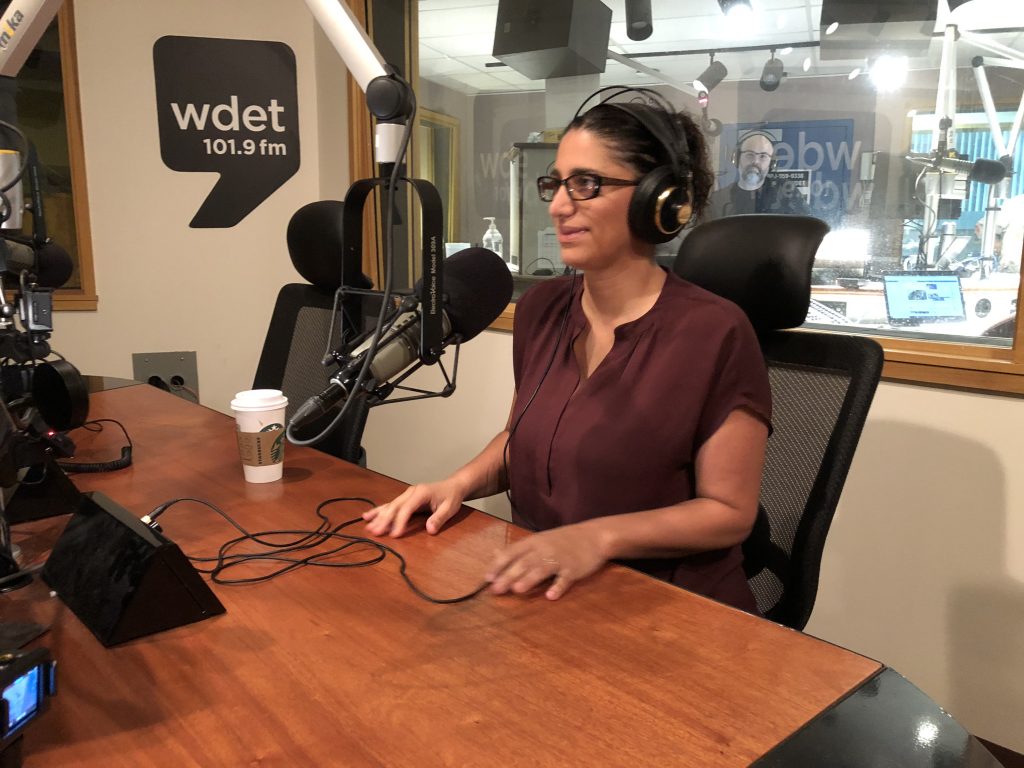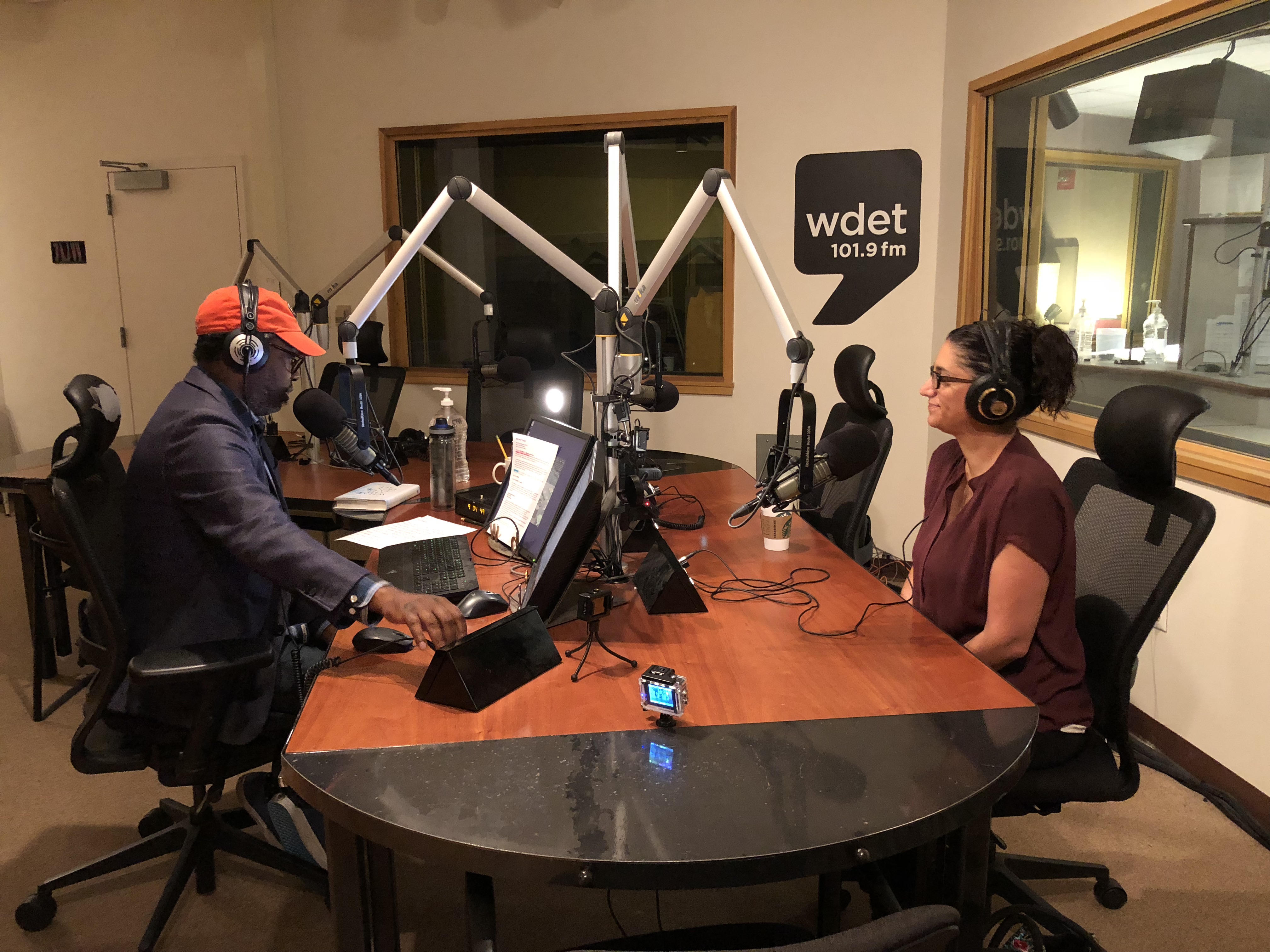Dr. Mona Hanna-Attisha: “I Grew Up Knowing Exactly What Injustice Could Be”
Dr. Hanna-Attisha joins Detroit Today with Stephen Henderson to talk about her book, the Flint Water Crisis, and the broader crisis of contamination.


The faces of the Flint Water Crisis are, of course, the people who were exposed to lead tainted water because of extreme negligence. But there were also some heroic faces that emerged from this state’s largest public health crisis.
Dr. Mona Hanna-Attisha spotted what was going on in Flint early, tried to get officials to pay attention, and ultimately became one of the most animated advocates for justice in Flint.
Her new book, “What the Eyes Don’t See,” is a riveting first-person account of Dr. Hanna-Attisha’s journey during the Flint Water Crisis.
She joins Detroit Today with Stephen Henderson to talk about the book, the crisis in Flint, and the broader crisis of lead contamination across Michigan and the United States.

Hanna-Attisha says her book details the way her life and upbringing led to her role sounding the alarm on the Flint Water Crisis.
“I grew up knowing exactly what injustice could be and what people in positions of power could do to vulnerable populations,” she says.
Earlier this month, Henderson spoke with one of Hanna-Attisha’s colleagues at Hurley Medical Center in Flint, Dr. Hernan Gomez, an emergency medicine physician who specializes in pediatrics and toxicology who’s research shows no children in Flint showed blood lead levels high enough during the crisis to qualify as lead poisoning.
Gomez quibbles with the use of the term “poisoned” to refer to the children of Flint, out of concern that kind of language comes with stigma for an entire generation of kids.
You can hear or read about that conversation here: “Medical Researchers: Kids Were Not ‘Poisoned’ In Flint Water Crisis.”
Hanna-Attisha does not agree with Gomez on this issue, even likening to his interpretation of the science involved to climate change deniers.
“This game of semantics is not helpful to the people of Flint,” she says.
She also addresses news this week that all public schools in Detroit are shutting off their water due to lead and copper contamination.
“I really applaud the Detroit public schools for taking this step,” she says. “It’s a recognition that we do have lead in our water and we do have lead in our water in our schools, not only in Flint, but all over this state and all over this nation.”
Click on the audio player above to hear the full conversation.
